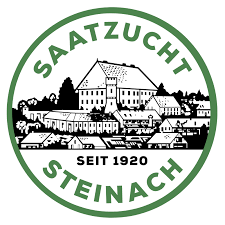MIPOS
Runtime: 10.02.2021 - 09.02.2024
The MIPOS research network is concerned with the development of innovative methods to improve the efficiency of plant breeding. This is to be achieved by selecting and using optimal male germ cells (pollen) for fertilization of female plant germ cells. To obtain optimal male germ cells for fertilization experiments, a microfluidic sorting system for pollen will be developed and used in the planned collaborative project. The contribution of the Leibniz-IPHT partner is the development and provision of the necessary microfluidic components and the components for their integration into an automated microfluidic sorting system for plant pollen. The core of Leibniz-IPHT’s contribution to the MIPOS research network is the research, development and provision of microfluidic components and technologies for the system, platform and method development of a microfluidic sorting system for pollen. The activities of the Leibniz-IPHT are oriented to the needs and development plan of the association. These include the following sub-goals: 1) acquisition of measurement images for the target pollen in flow arrangements and conceptual preparation of the sorting systems, 2) initial implementation and testing of the sorting systems, and 3) optimization of the sorting systems in terms of sorting quality, sorting efficiency and usability. For the first stage in 2021, optimized microfluidic flow cells for the target pollen will be developed in the work package AP1-IPHT (functional samples) and provided together with the components for their system integration for the measurements planned in the period June-August at the collaborative partner Saatzucht-Steinach. The results obtained serve as a basis for the conceptual preliminary work for the integration of the sorting functionality into these components.
The project is funded by BLE under the number 924493.
Partners



